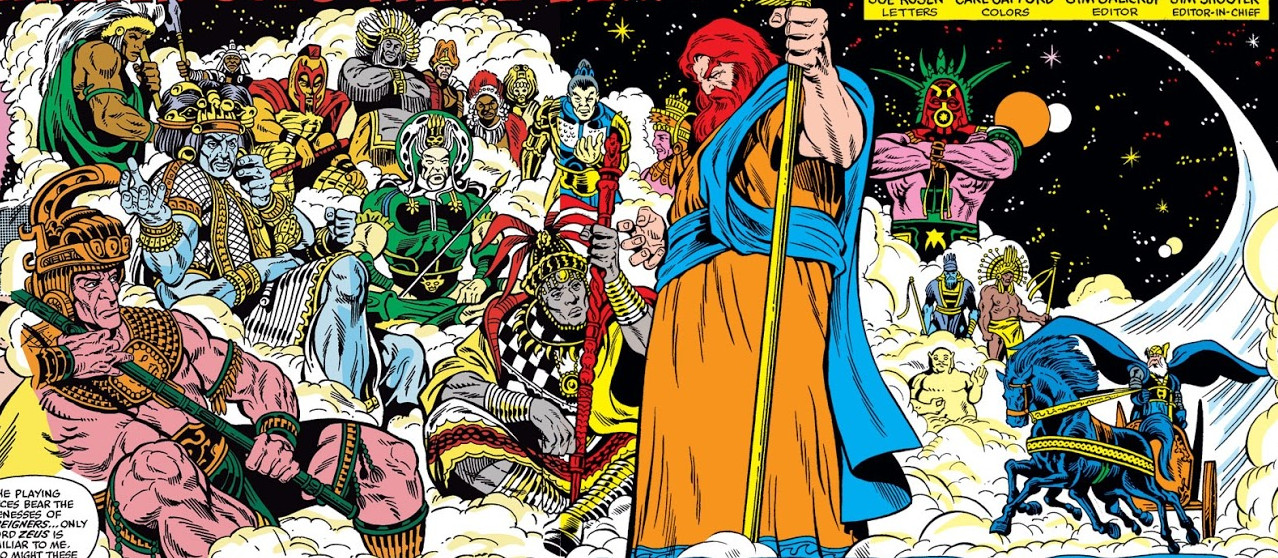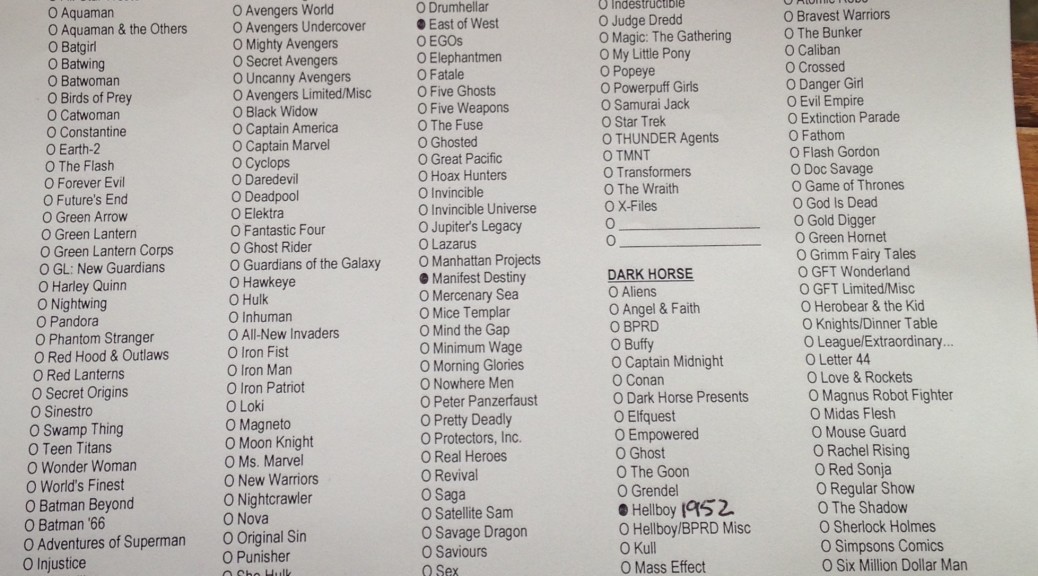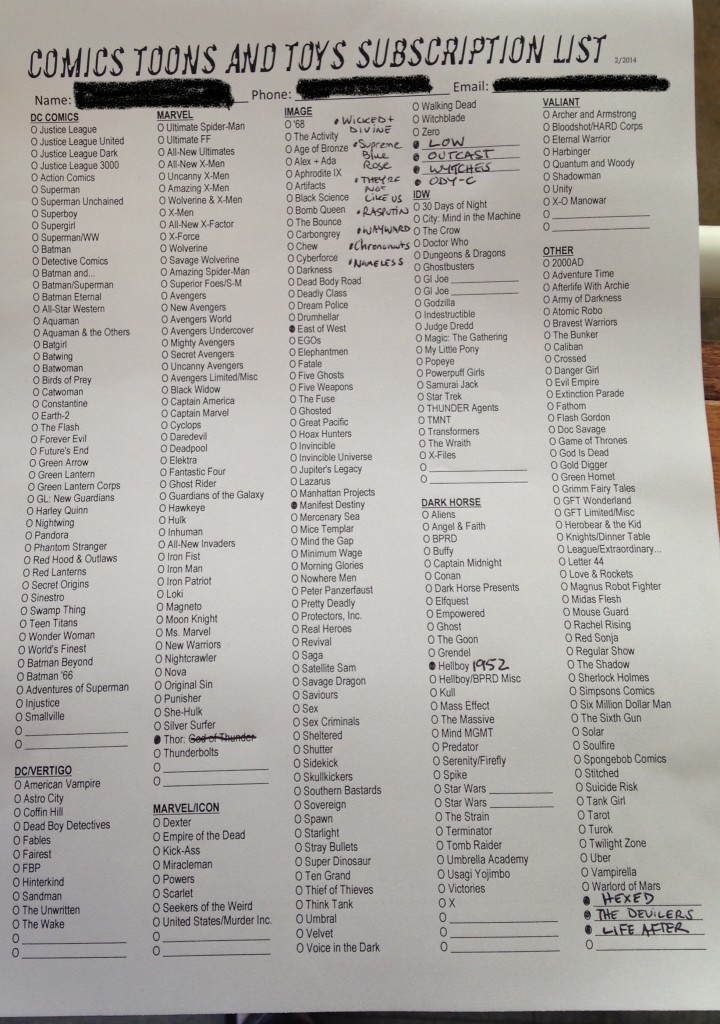[The following piece was originally published at MartinLund.me and it is reposted here with the author’s permission.]

Is It a Thing? “Pantheonic Bricolage.”
If you are at all familiar with my work, you know that I have a particular interest in the intersections between comics and religion. I have spent countless hours studying comics in relation to Judaism and Jewishness, on editing a book about Muslim superheroes (the release of which is so close now I can almost taste it!), and I’m currently drafting a book about the recently deceased evangelical comics propagandist Jack T. Chick (about whom I have written here and here).
In addition to this, I’m also working on a guide to comics and world religions with a couple of fellow scholars of the topic. We have hashed out a rough structure and are working separately on our chapters. In addition to writing about the Abrahamic traditions (Judaism, Christianity, and Islam), I will also be tackling what we have chosen, for now, to call “Archaic Traditions.” (I just might make another “Is it a thing?” post about that label somewhere down the line.)
This means that I am writing about Greco-Roman, Egyptian, and Old Norse religions. And I am loving it to no end. There is so much interesting material to work with here, and I will be sharing thoughts and reviews as things progress.
But for now, I want to bounce a thing off the internet and see what happens.
I want to talk about what I have been calling, for lack of a better term: “pantheonic bricolage.” It sounds complicated, but it really isn’t.
Continue reading Martin Lund on the Possibilities of “Pantheonic Bricolage”


 Thus, with typical Marvel bombast,
Thus, with typical Marvel bombast,